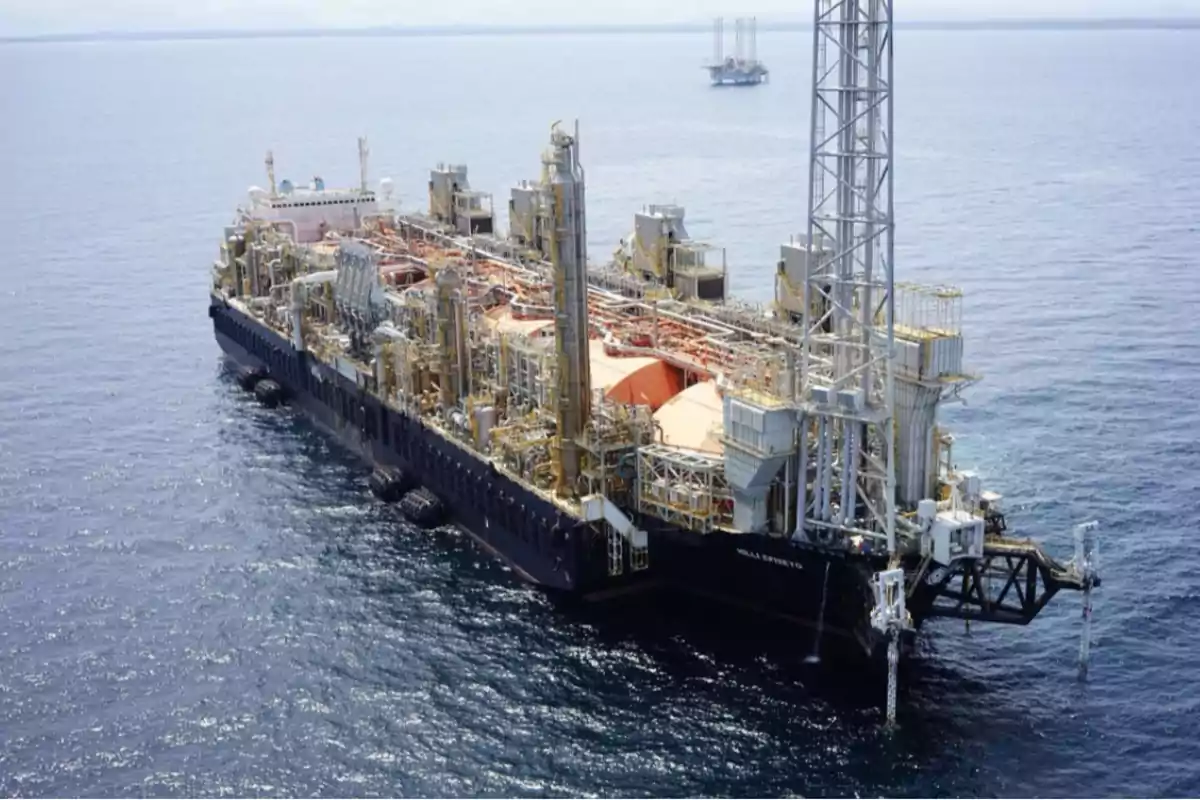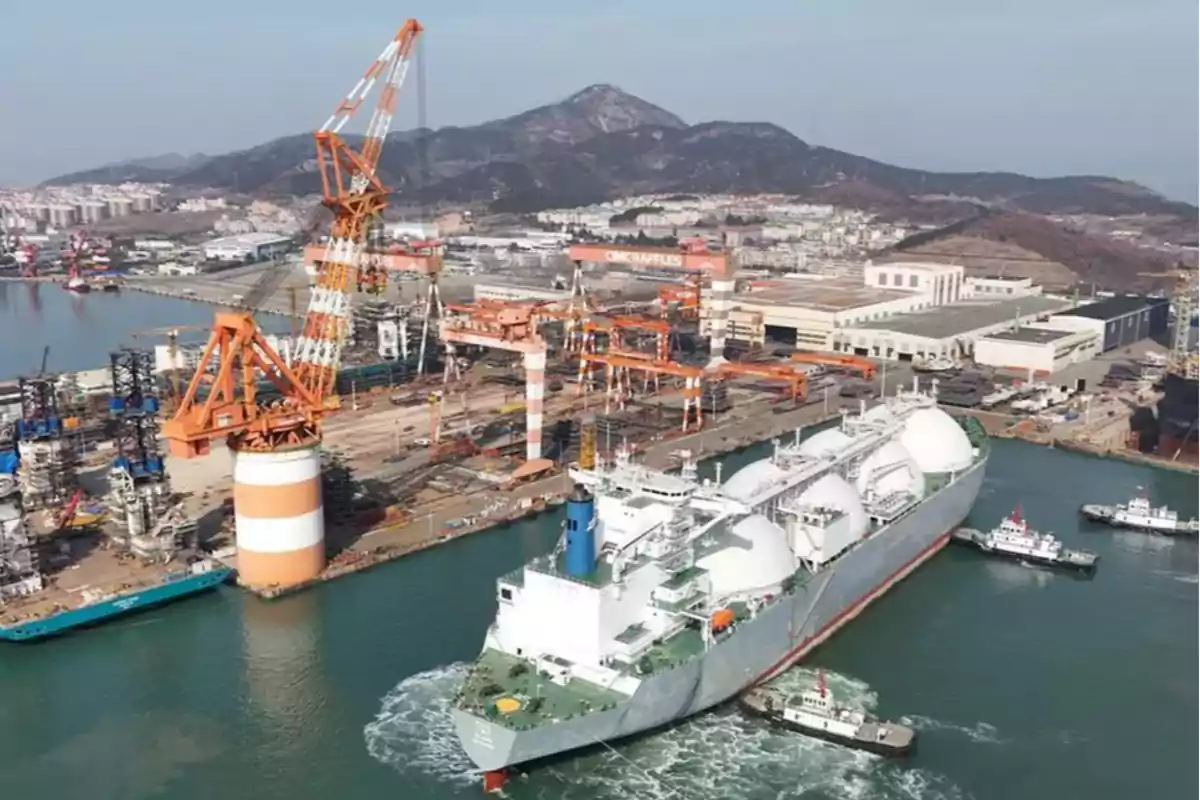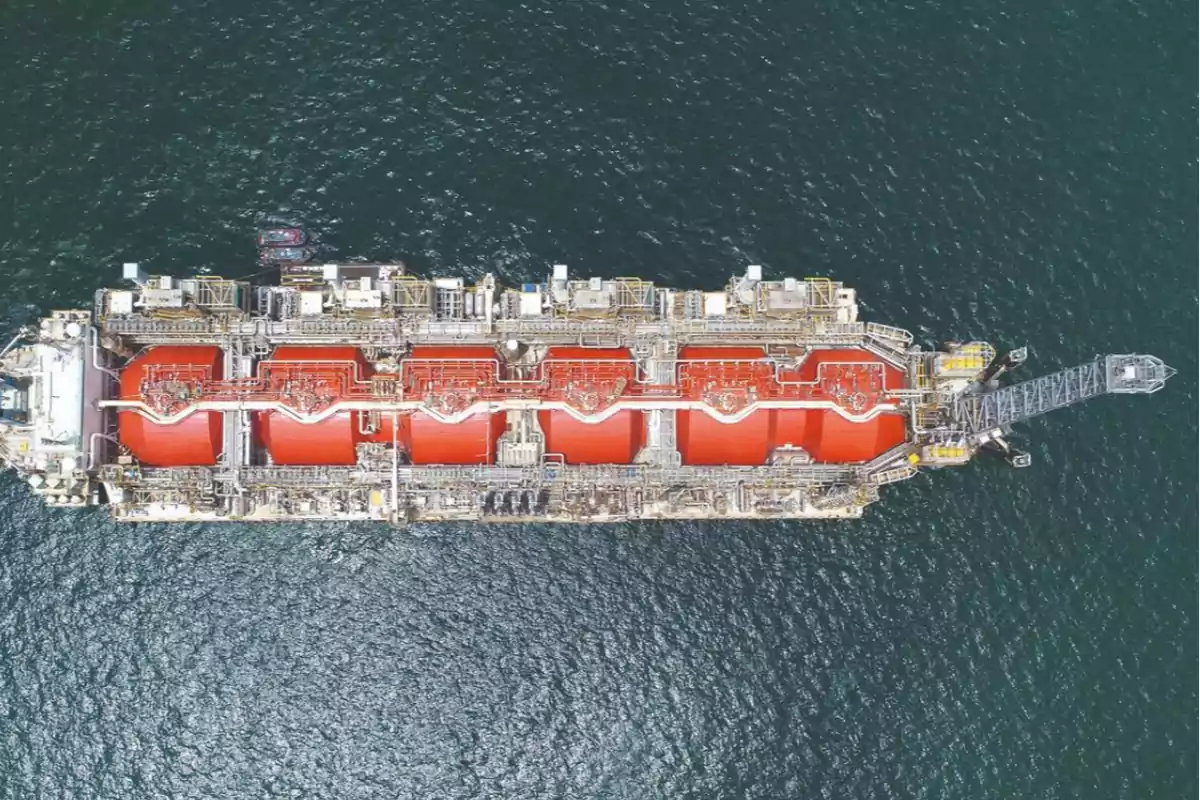
USD 15 billion investment confirmed for LNG exports from Vaca Muerta
Southern Energy consortium moved forward with the second liquefaction vessel
Argentina's energy development took a key step forward with the final investment decision (FID) to incorporate the second liquefaction vessel in Río Negro, as part of the "Argentina LNG" plan. The announcement was made by the Southern Energy (SESA) consortium, made up of Pan American Energy (30%), YPF (25%), Pampa Energía (20%), Harbour Energy (15%), and Golar LNG (10%). The initiative will require a total investment exceeding USD 15 billion over its 20 years of operation.
The addition of the second vessel, named MK II, joins the already announced Hilli Episeyo, with which a combined production capacity of six million tons per year of LNG is projected, equivalent to nearly 27 million cubic meters per day of gas for export.
How much will be invested and what impact will it have
The investment will be distributed in two stages: the first (2024–2031) will involve an outlay of more than USD 3.2 billion, while the second (2032–2035) will add nearly USD 2.8 billion, with a total projection of USD 6 billion in infrastructure and development.
According to SESA, the project will generate 1,900 direct and indirect jobs and could reach exports of USD 20 billion between 2027 and 2035.

Technical details of the liquefaction vessels
Both vessels will be operated by SESA and are designed to convert natural gas from Vaca Muerta into LNG for international markets. The Hilli Episeyo, owned by Norwegian Golar LNG, has a capacity of 2.4 million tons per year and is currently operating in Cameroon. It is scheduled to arrive in Argentina in 2027.
The second vessel, MK II, is being adapted at a Chinese shipyard and will arrive in the country in 2028. It will have a higher capacity, of 3.5 million tons per year, and will be able to operate continuously throughout the year.
Key infrastructure for the operation

The project will require additional infrastructure to ensure the transportation of gas to the vessels.
In this regard, the companies are evaluating the construction of a 48-inch gas pipeline, with the capacity to transport up to 50 million cubic meters per day, which would make it the largest in the region.
The long-term plan: positioning Argentina as an LNG exporter
With this announcement, Southern Energy completes the first phase of the "Argentina LNG" plan, aiming for the country to position itself as a competitive exporter of liquefied natural gas.
In future stages, the Argentina LNG 2 (YPF-Shell) and Argentina LNG 3 (YPF-ENI) projects are expected to move forward, with the participation of new international strategic partners.
More posts: